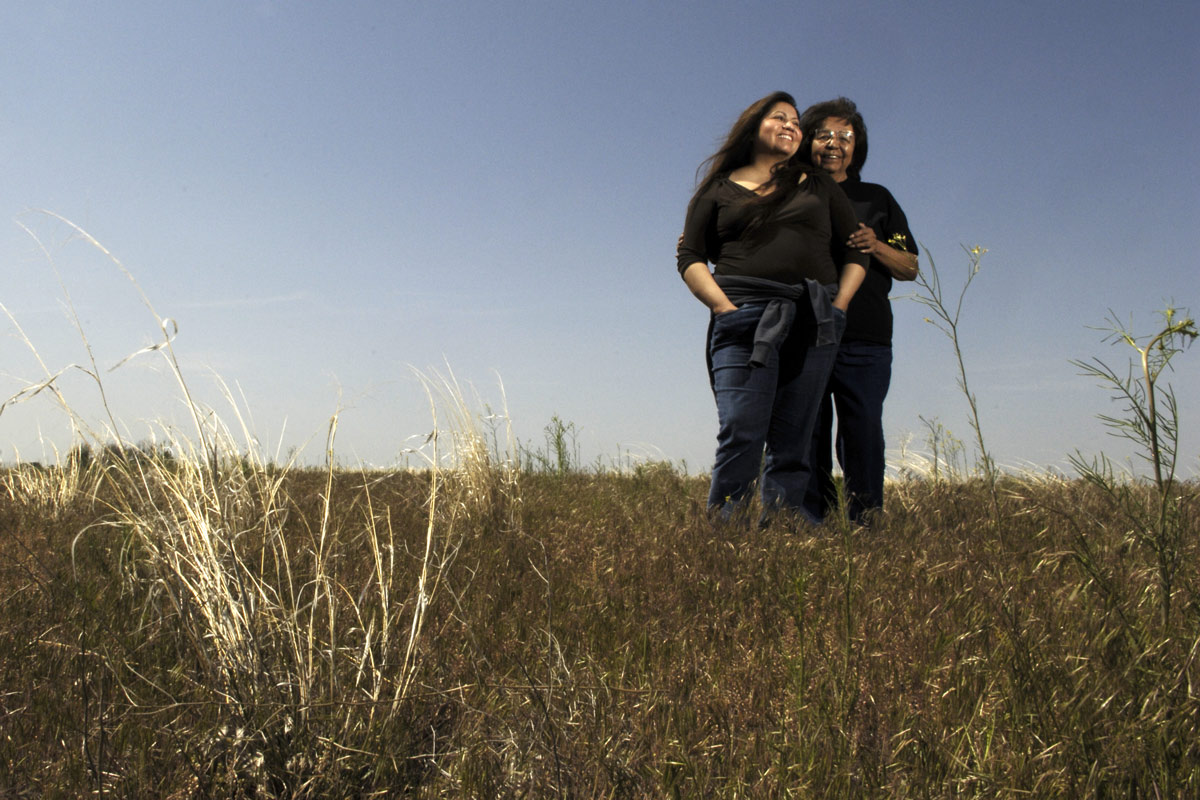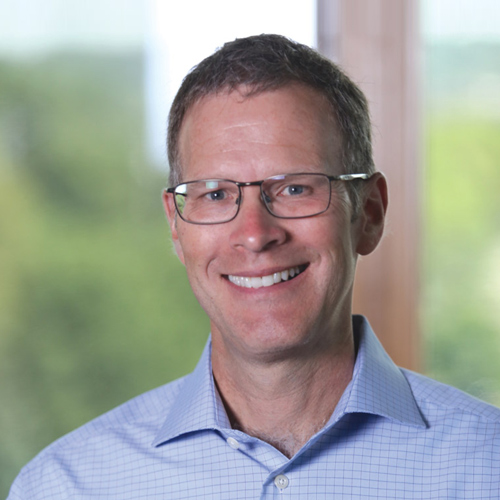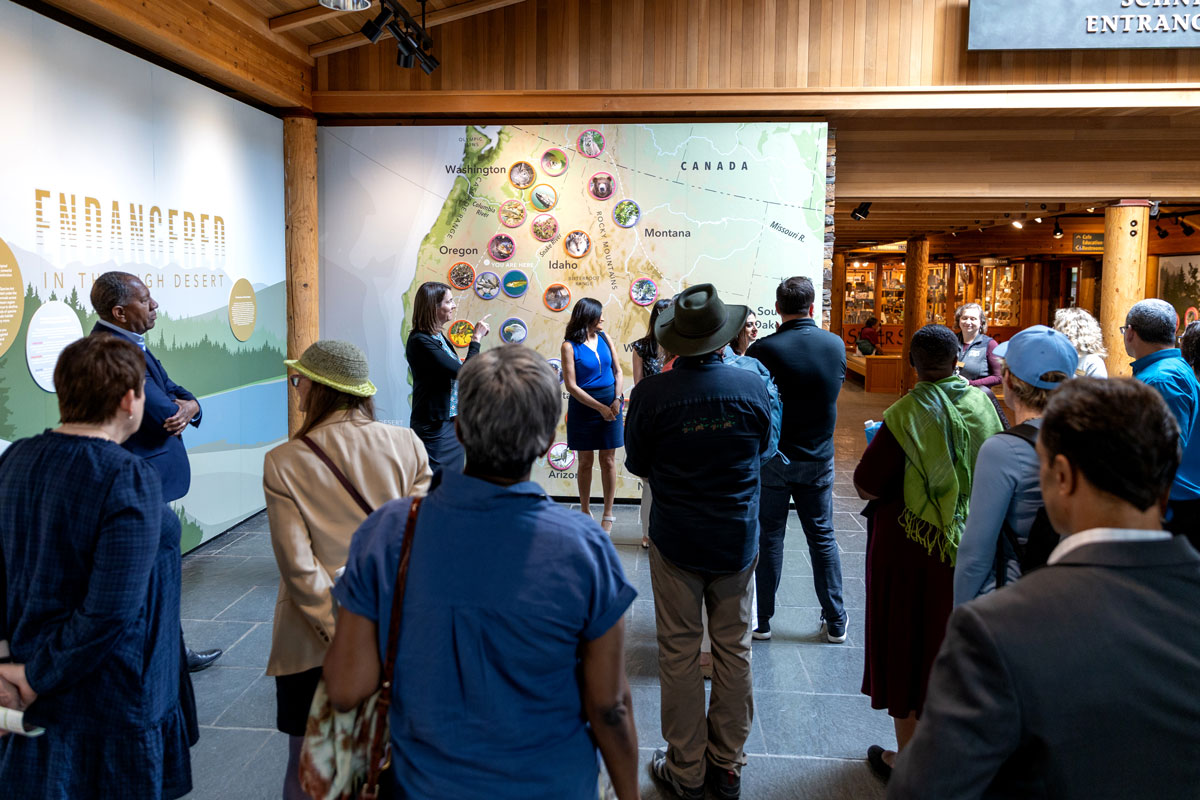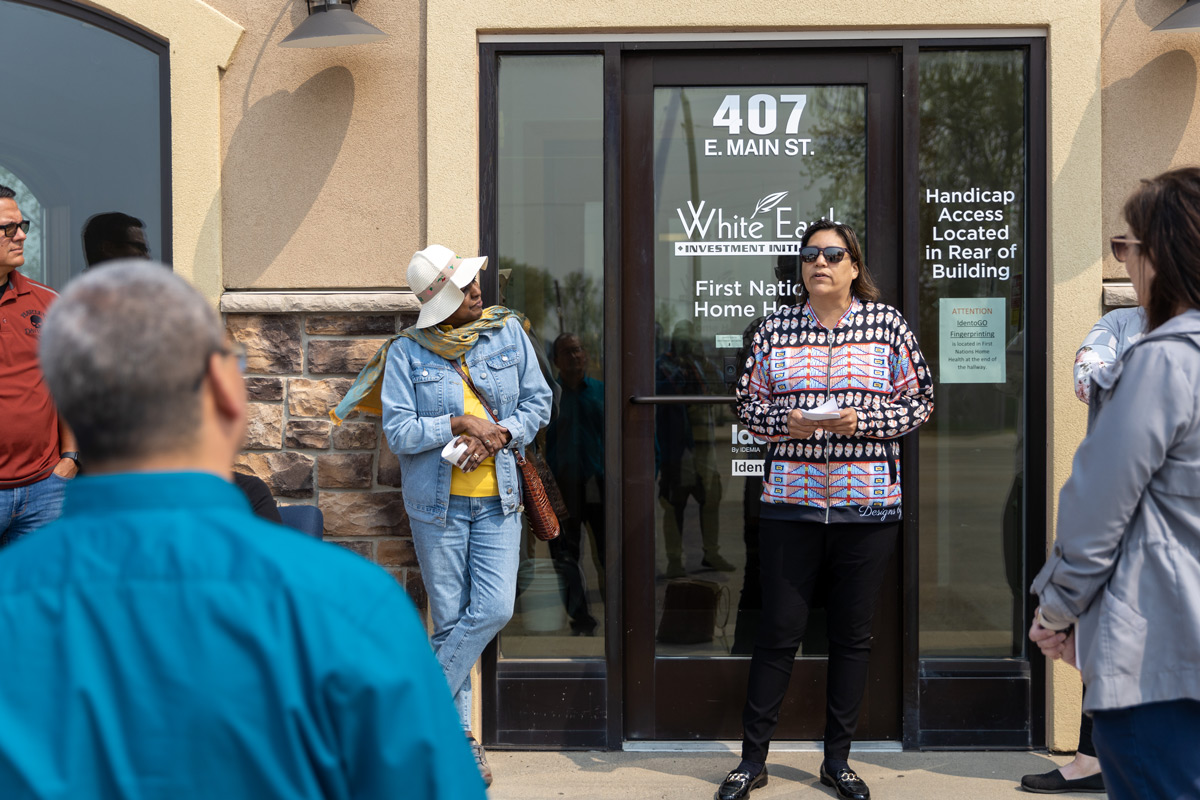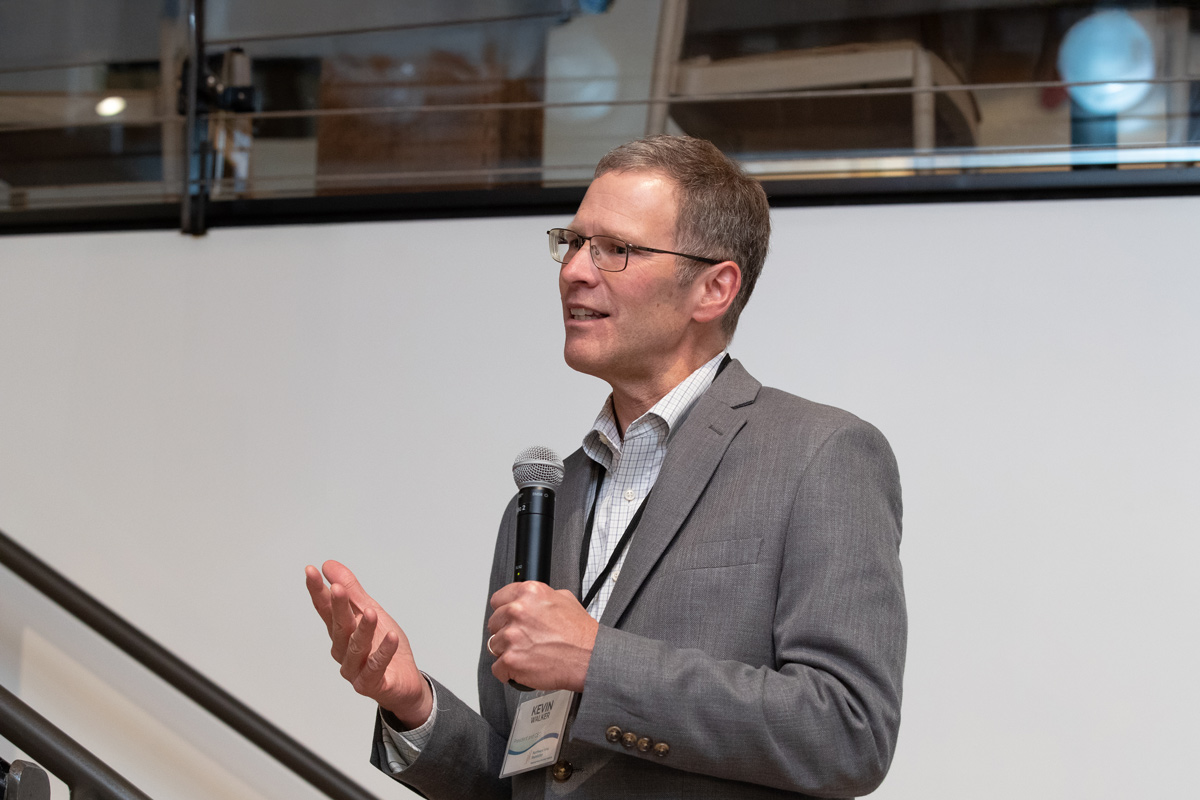“The girl’s question reminds me to be humble and open to new perspectives because she is the expert on her own life and culture.”
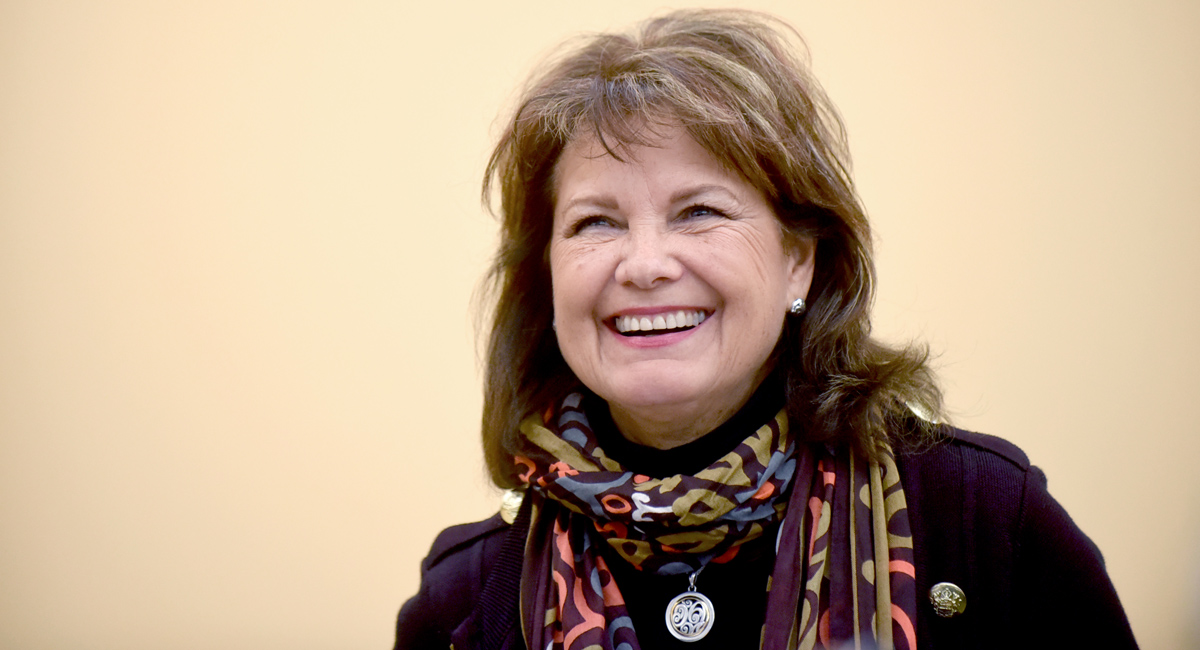
Elsie Meeks
“Elsie’s words remain a powerful reminder to trust our grantee partners to tell us what asset-building looks like in the context of their community.”

Lakota Vogel
“Equipping people to do a little better in a rigged game is not the goal. Changing the game is the goal. ”

“Seeing like an eagle takes you to a broader vein of thinking: ‘We’re trying to be a part of a long story of self-determination and liberation.’”

